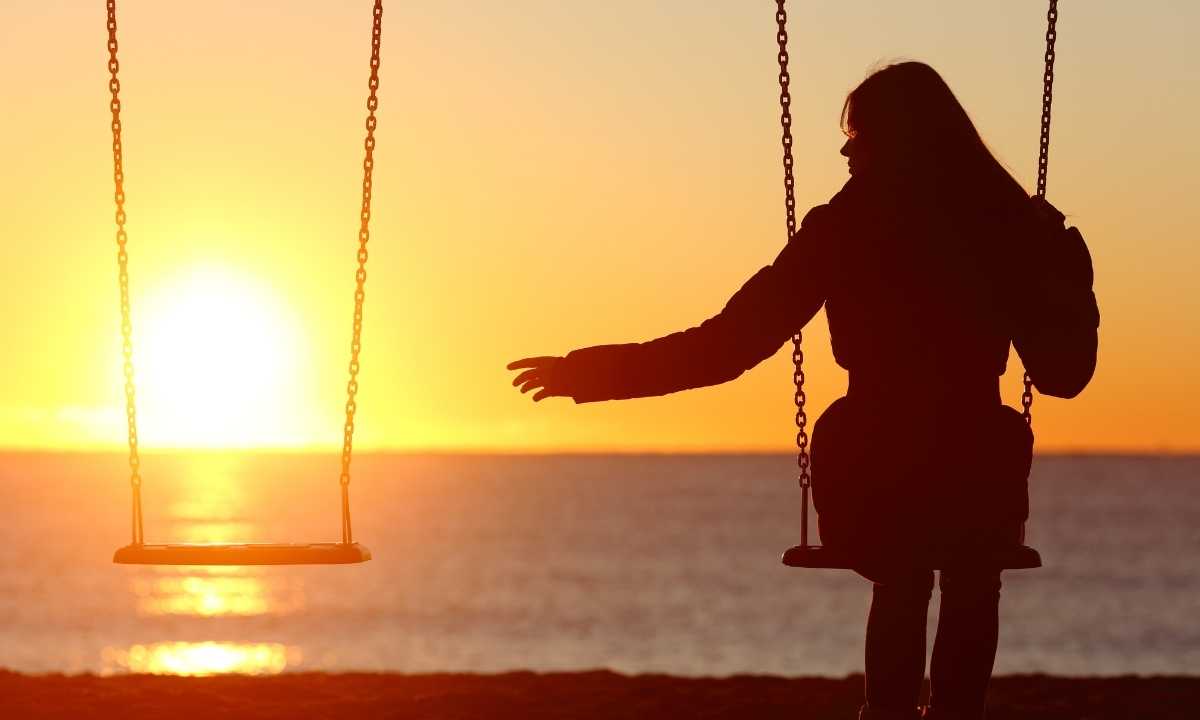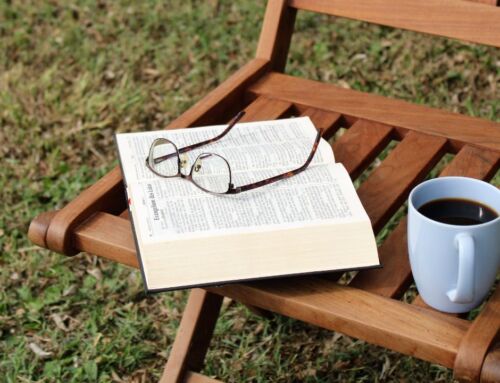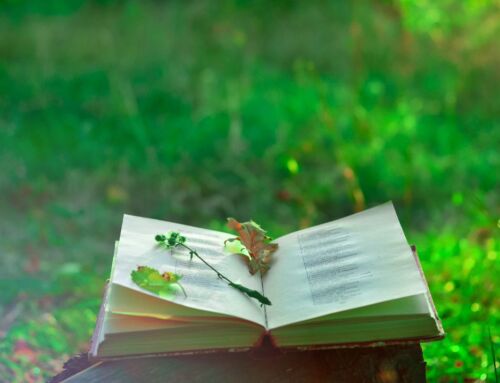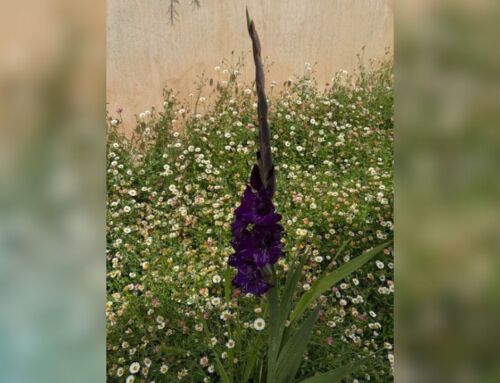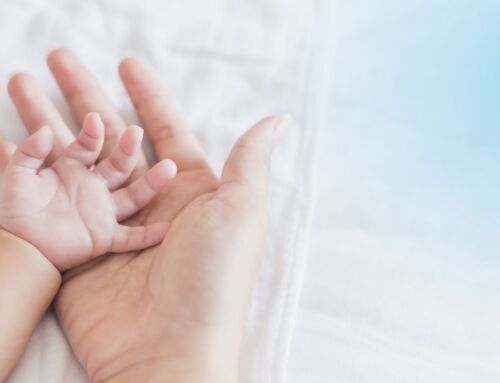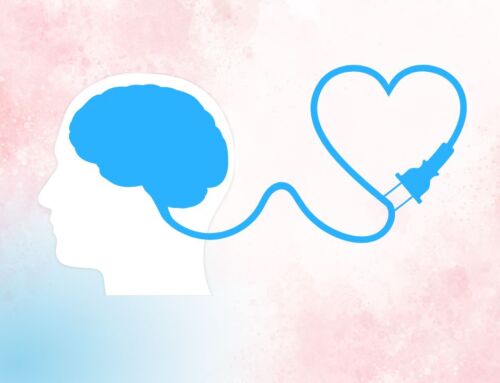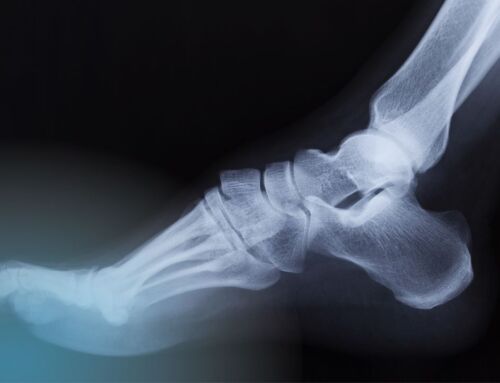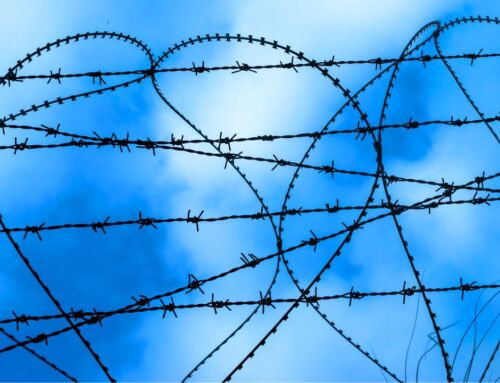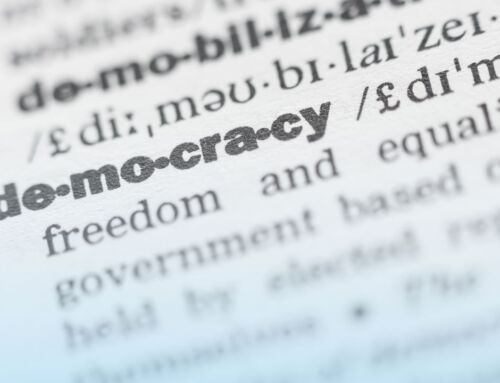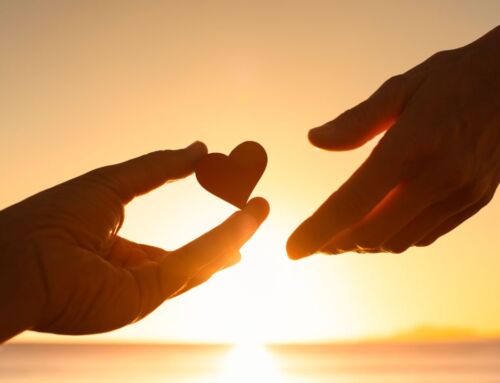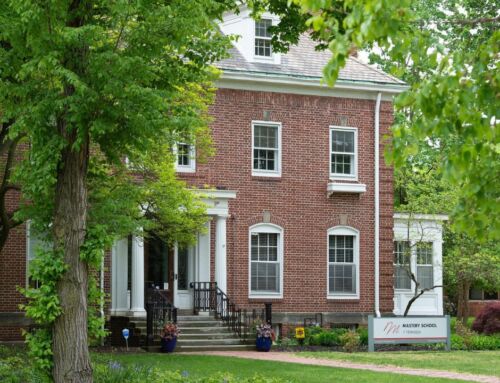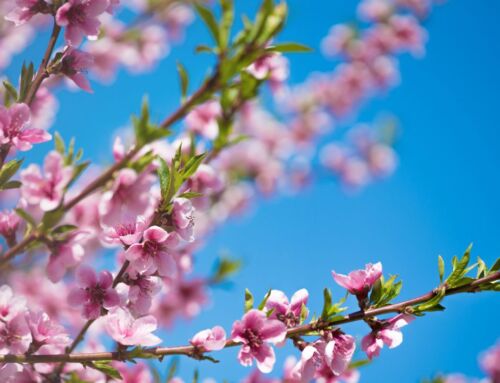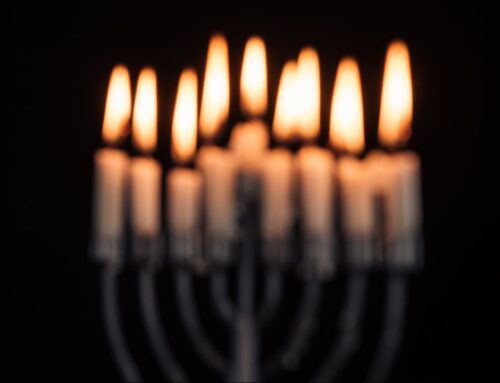“Did I miss something?” asked Martha, her hand raised in the Hollywood Squares of my Zoom mindfulness class.
“What do you mean?” I inquired.
“Well, we were having this relaxing and lovely meditation experience and now we are all of a sudden talking about death and dying, so I want to know Did I Miss Something?”
Wow… I looked at the faces of the human beings that have grown so close these last 9 months and imagined fear and maybe even anger were arising in her. Although I had compassion for her discomfort, I had no problem answering her by saying “yes, actually you missed loving connected presence, you missed the fact that we are here to support each other for whatever comes up.”
From there, the group discussion dug deep and revealed nuggets of radiant jewels.
We have so much collective wisdom, so many ages represented, so much suffering seen and lived through, so much resilience on display. This group met twice a week March through May and has been meeting once a week June through the end of the year.
I had no idea the gift I was getting when I said yes to teaching mindfulness and meditation for the synagogue’s virtual learning platform. Not all participants are members of the synagogue, nor do they live in San Diego. The silver lining of virtual learning is that we can be “together” wherever we reside! Sometimes someone will have a conflict and drop off for a few weeks, then return to smiles of welcome.
Throughout life, people get sick and die. During the pandemic, life and death marches on, but the logistics are more complicated and painful for those passing away with out their loved ones at their bedsides if they are not at home, and for the bereaved, who are not able to be wrapped up in the warm physical support of their family and friends at the cemetery and beyond. Funerals and Shiva, the customary gathering of friends and family to support the bereaved in the Jewish tradition, is being done on Zoom, as are Celebrations of Life and Wakes.
Normalizing death as part of life has always been important, but now it’s more important than ever. Touching into the truth that life is impermanent can be scary for some, so staying with it and moving through the fear to the understanding that it’s sad, sometimes tragic, and that we have little control over when or how we make our exit, can be helpful.
The week following our “did I miss something class?” class, the conversation continued because one of our precious members lost her beloved husband. She carried herself with gratitude and grace, being buoyed by the tears, kind words and hands reaching up to hold her through the video screens. She loved him madly, and will miss him terribly, but his passing isn’t tragic because of his advanced age – it’s merely heartbreaking.
Our hearts can break and go on beating. Our hearts do break and go on beating.
Our guided meditation on this day, the day before Thanksgiving, focused on giving thanks for our bodies. We rested our attention on different parts of our bodies, staring with our feet, acknowledging that sometimes our pieces and parts don’t feel good, or work as well as they once did, but that they served us well throughout our lifetime, and the fact that all our systems continue to work is miraculous. Our heart goes on beating; our bodies continue to breathe us, until our last breath.
At the end of the meditation, I read the poem Blessing for the Brokenhearted by Jan Richardson.
Blessing for the Brokenhearted
There is no remedy for love but to love more.
—Henry David Thoreau
Let us agree
for now
that we will not say
the breaking
makes us stronger
or that it is better
to have this pain
than to have done
without this love.
Let us promise
we will not
tell ourselves
time will heal
the wound,
when every day
our waking
opens it anew.
Perhaps for now
it can be enough
to simply marvel
at the mystery
of how a heart
so broken
can go on beating,
as if it were made
for precisely this—
as if it knows
the only cure for love
is more of it,
as if it sees
the heart’s sole remedy
for breaking
is to love still,
as if it trusts
that its own
persistent pulse
is the rhythm
of a blessing
we cannot
begin to fathom
but will save us
nonetheless.
—Jan Richardson
I wonder if we lived our lives with the knowledge of our impermanence whether we would make different choices? Would we live better? Would we love better? Would we have more connection and compassion for all things? Would we fear death less? And would the alleviation of fear mean that we could be more in the flow of all of life? Would it help the bereaved to eventually find meaning in their grief? Would that meaning help to enrich that person’s life, and on and on, in an upward spiral of healing which might lend succor for others with broken hearts?
I welcome you to experience this guided meditation, Giving Thanks – For Our Bodies, and poem on my free Apple podcast. Or, if you are not on Apple, on Blubrry. You will find gorgeous poems read at the end of most of the meditations.
Finding the poets, and poems has been one of the gifts of this class. Finding the loving connected presence and common humanity of the group has been the best gift of all.
